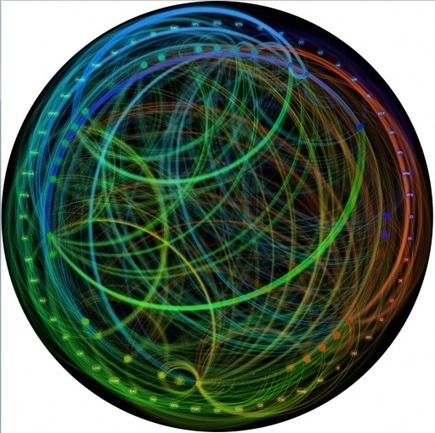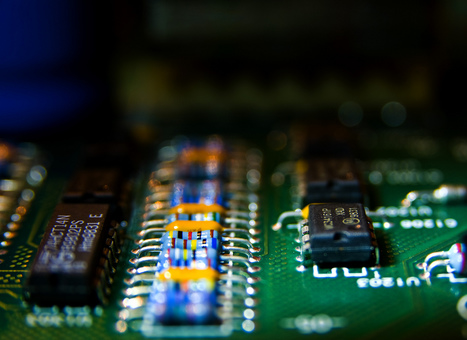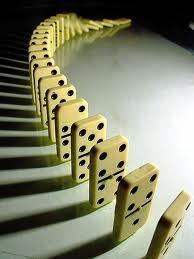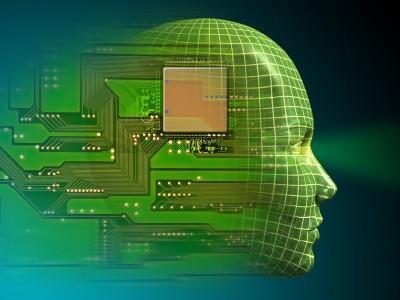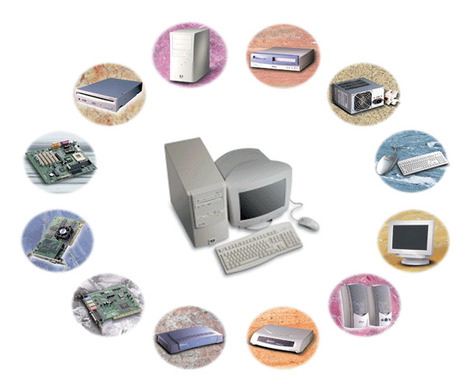A new type of transistor shaped like a Christmas tree has arrived just in time for the holidays, but the prototype won't be nestled under the tree along with the other gifts.
Research and publish the best content.
Get Started for FREE
Sign up with Facebook Sign up with X
I don't have a Facebook or a X account
Already have an account: Login

 Your new post is loading... Your new post is loading...
 Your new post is loading... Your new post is loading...
Diego Cruz-Savinon's curator insight,
April 15, 2014 4:26 PM
computer programmers are the ones that program computers to do certain things. What if they programmed them to help out the computer programmers? That's what computer scientists from Rich University, from Pennsylvania and seven other institutions are teaming up to do, with a grant for th National Science Foundation of $10 million. If they succeed, this can help thousands of computer programmers across the country. |
|





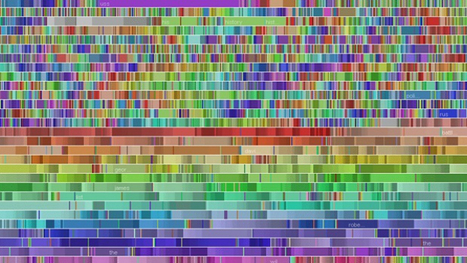

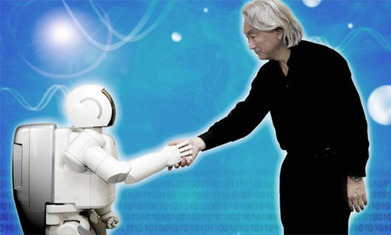



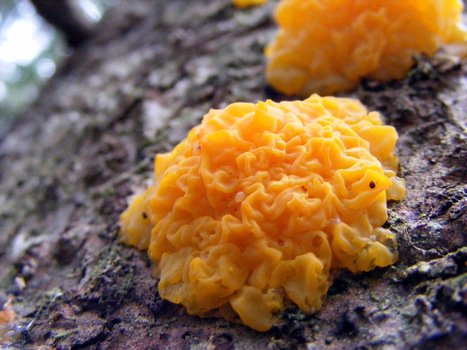

![The rise and fall of personal computing [infographics] | Science News | Scoop.it](https://img.scoop.it/PoJbF8PCBYodKoFkXyI0JTl72eJkfbmt4t8yenImKBVvK0kTmF0xjctABnaLJIm9)
![[VIDEO] Making A Computer From Bubbles | Science News | Scoop.it](https://img.scoop.it/K6O01t2uGkh_-q8Kq_zMizl72eJkfbmt4t8yenImKBVvK0kTmF0xjctABnaLJIm9)


